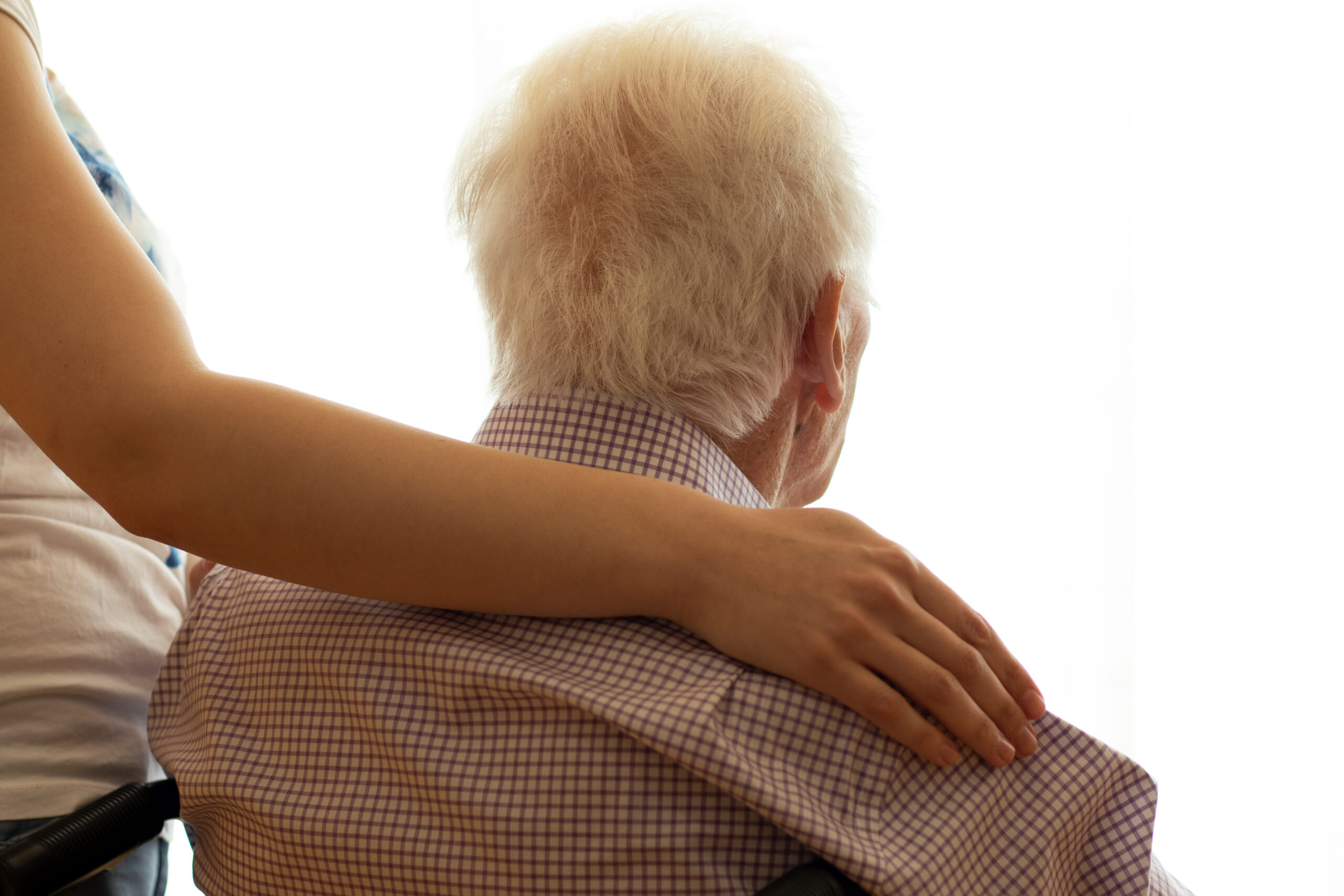5 Game-Changing Solutions for Vaginal Dryness After 50
Vaginal dryness after 50 is a common issue many women face, often linked to the natural drop in estrogen levels during and after menopause. This change can make the vaginal walls thinner, less elastic, and less lubricated, leading to discomfort during daily activities or intimacy. Fortunately, there are several effective solutions that can bring relief and improve quality of life.
**1. Topical Estrogen Treatments**
Since vaginal dryness is mainly caused by lower estrogen levels, applying estrogen directly inside the vagina is one of the most effective treatments. These come as creams, suppositories, or rings that release small amounts of hormone locally without significantly affecting overall hormone levels in your body. They help restore moisture and thickness to vaginal tissues over time—usually noticeable within six weeks with full benefits after a few months. This method is considered very safe for most women, even those with certain health concerns like breast cancer history or blood clots when carefully managed by a doctor.
**2. Non-Hormonal Vaginal Moisturizers**
For those who prefer not to use hormones or cannot for medical reasons, non-hormonal moisturizers offer an excellent alternative. Unlike lubricants that only provide temporary relief during sex by sitting on top of the skin’s surface, these moisturizers penetrate deeper into vaginal tissue to hydrate it continuously throughout the day. Products designed specifically for this purpose replenish natural moisture and help maintain healthy pH balance inside the vagina.
**3. Natural Oils and Pelvic Floor Exercises**
Simple home remedies can also be helpful alongside other treatments. Coconut oil is popular as a natural lubricant because it’s gentle on sensitive skin and has moisturizing properties without harmful chemicals found in some commercial products. Additionally, pelvic floor exercises strengthen muscles around the vagina which may improve blood flow and tissue health indirectly supporting better lubrication.
**4. Regular Sexual Activity**
Engaging in regular sexual activity—whether alone or with a partner—can stimulate blood flow to vaginal tissues which helps keep them healthy and moist naturally over time. Even if intercourse feels uncomfortable initially due to dryness or sensitivity issues caused by menopause changes, using lubricants combined with gentle stimulation can gradually improve comfort levels.
**5. Specialized Vaginal Suppositories**
There are newer options like specially formulated vaginal suppositories designed for severe dryness common among women aged 50-70 years old or those several years post-menopause who experience persistent symptoms despite other treatments available on prescription-free platforms now too.These products not only relieve dryness but also address discomforts such as odor while supporting balanced pH levels crucial for preventing infections.
Each woman’s experience with vaginal dryness differs so exploring these options under guidance from healthcare professionals ensures you find what works best safely tailored just for you — whether hormonal therapies fit your needs or non-hormonal approaches suit your lifestyle better—all aimed at restoring comfort naturally at this stage of life without unnecessary suffering from this very treatable condition!





